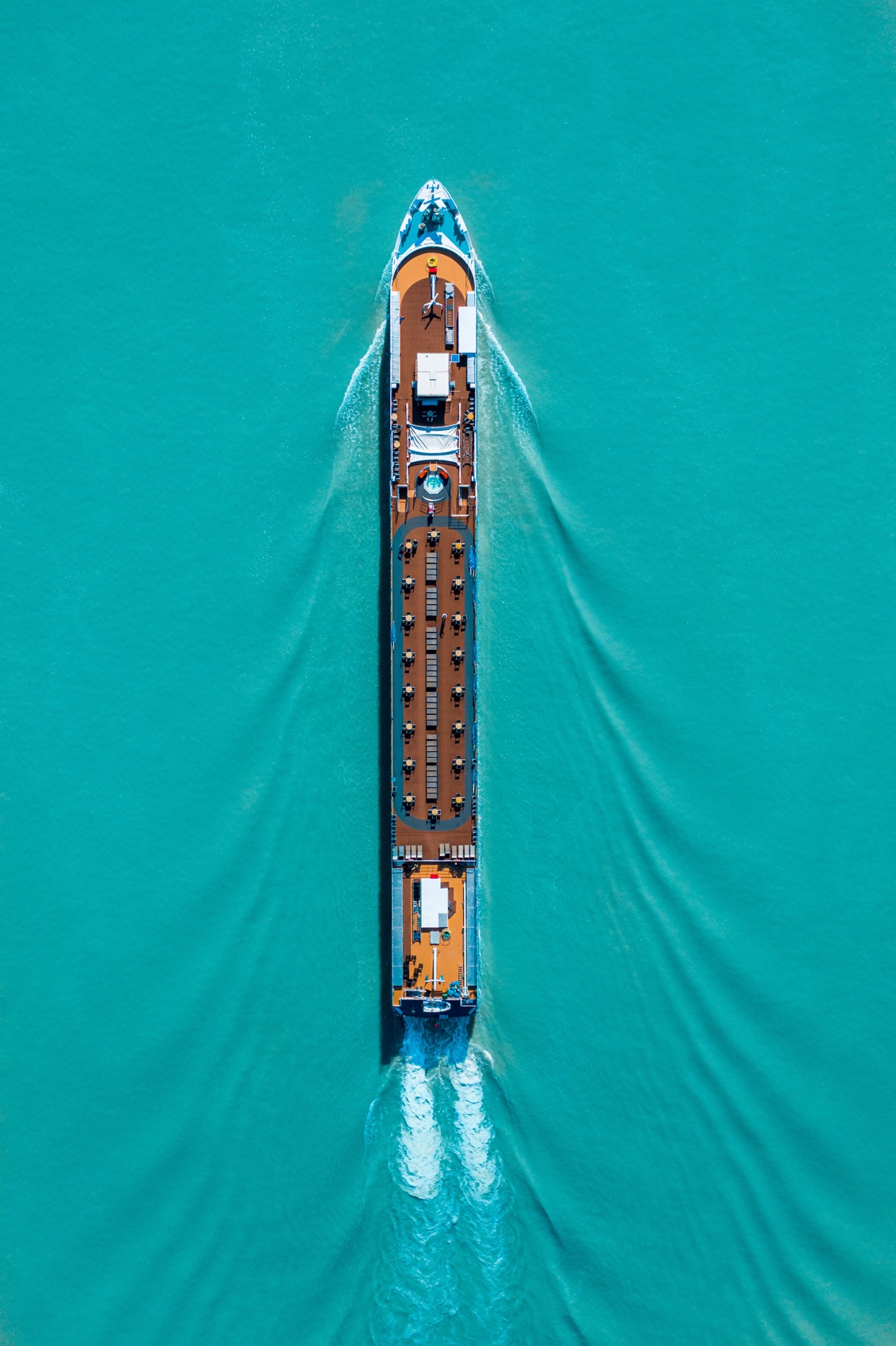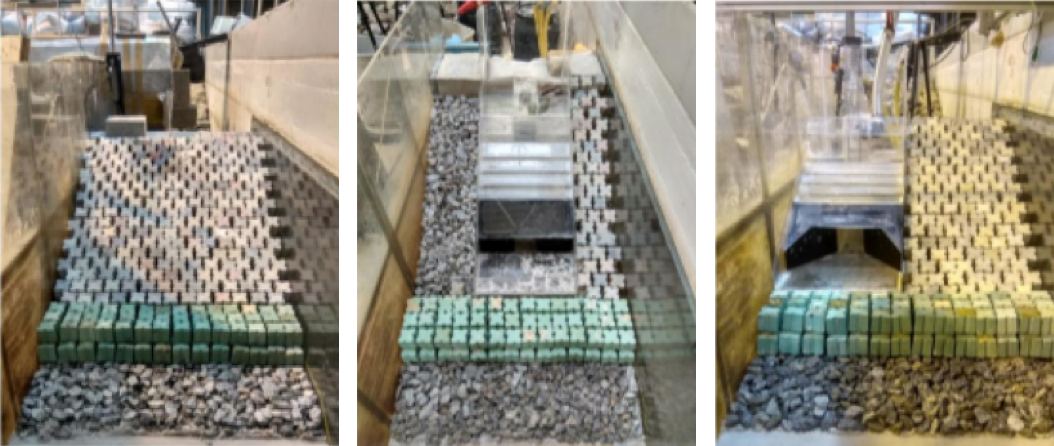Each Work Package contains actions with specific and detailed descriptions, deliverables and output results, as well as indicators and expected results.
WP3: Capitalization
Start date
01/04/2019
End date
31/03/2022
Duration
36 months
Partner’s involvement
- Partner responsible: Instituto de Ciência e Inovação em Engenharia Mecânica e Engenharia Industrial
- Universidad do Porto
- Universidad de Santiago de Compostela
- Ecole D’Ingenieurs En Génie Des Systèmes Industriels
- Universidad de Oviedo
- University of Plymouth
- Instituto de Ciência e Innovaçao en Engenharia Mecânica e Engenharia Industrial
- Fundación Instituto de Hidráulica Ambiental de Cantabria
- Administraçao dos Portos do Douro, Leixoes e Viaña do Castelo, SA
- Autoridad Portuaria de Vigo
- Organismo Público Puertos del Estado
- INNOSEA
- University College Cork, National University of Ireland, Cork
- Agência para a Energia
- Shannon Foynes Port Company
- Nantes – Saint Nazaire Port
- Cattewater Harbour Commissioners
- Padstow Harbour Commissioners
- WindEurope
About this Work Package
Work Package 3 consists in implementation of the capitalization strategy of PORTOS project throughout the entire project duration. This strategy involves collection of state-of-art information on the subjects addressed in the project and various actions of dissemination of the project expected results. These actions of dissemination include an Energetic Observatory that will be extended beyond the end of the project, organization of workshops directed to main ports in Atlantic Area for presentation and demonstration of results obtained for the case-study ports, a demo application of a decision support system tool and a collection of targeted and thematic training programs.
The Energetic Observatory aims to offer high quality information on renewable energies. The workshops will be directed to main ports in Atlantic Area for presentation and demonstration of results obtained for the case-study ports, which contains the presentation of the roadmap and guidelines for achieving energy self-sufficiency. Also, a demo application of a decision support system tool to a number of additional ports is defined in order to test and demonstrate it as a valuable asset to an energy self-sufficiency approach. The tool will be developed within the project execution and its demo application, contained in the capitalization work package, is projected to be executed in the last months of the project. In this perspective, a collection of targeted and thematic training programs is also defined to be implemented, comprising face-to-face courses on different Marine Renewable Energy topics to improve social perception and to strengthen the level of knowledge of stakeholders on MRE. These actions aim to effectively transfer knowledge gathered during the project and to promote engagement of a wide range of third-party stakeholders in ports management and in renewable energy studies.

Actions in Work Package 3
Action 1: Capitalization of results and outputs from previous works
Start date: 04/2019
End date: 07/2019
Results of previous works on relevant topics for the PORTOS project, as resource assessment, field measurements, optimization of harvesting technologies and energetic audits at ports, are gathered, organized and summarized, in order to make available easily accessible data to all partners of PORTOS and selected AA stakeholders to be capitalized in the project. Specifically, the selected topics are hybrid technologies, wave and tidal resource assessment, wind resource assessment, energetic audits and levelized cost of energy studies.

Action 2: Design and implementation of BLUE-PORTS Energetic Observatory
Start date: 10/2019
End date: 03/2022
The design and implementation of PORTOS Energetic Observatory in order to offer high quality and up-to-date information on renewable energies (RE), including technology information, RE resources, energy storage solutions, good practices at AA ports regarding RE integration, alert systems, among others. The Observatory aims to draw attention to the potential benefits of RE integration in ports and related infrastructures, to last beyond the end of the project, and integrate information on the degree of implementation of PORTOS measures on case-study ports.
Action 3: Workshops directed to selected End-users
Start date: 01/2021
End date: 03/2022
Two one-day workshops directed to main AA ports for presentation and demonstration of results obtained for the case-study ports as well as already implemented practices, including
discussions in round tables. Port associations will establish links with port authorities, the target group. Also included is the presentation of the roadmap and guidelines for achieving energy self-sufficiency in AA ports that could be extended to other ports.
Action 4: Demo application of the Decision Support System
Start date: 12/2021
End date: 03/2022
Demo application of the Decision Support System developed in the PORTOS project in two additional ports from AA regions, consisting on the collection of available data concerning those two ports and demonstration of the potential of the PORTOS energy self-sufficiency approach. This demo application should be performed to specific demonstration ports in the last months of the project, after the tool is finished and verified. This action aims to demonstrate the potential for other case study ports and encourage other ports to follow the same approach.
Action 5: Social perception and interest on Marine Renewable Energies
Start date: 04/2019
End date: 03/2022
A training program comprising 6 face-to-face three-day courses on different MRE topics is developed. Target attendees include staff from enterprises public bodies, port authorities and independent developers. Training courses are developed and delivered by leading experts, among which technology providers, professional associations and recognized researchers. Thematic talks and case studies from previous works on which the partners were involved are also included. These programs are expected to strengthen the overall level of knowledge of stakeholders on MRE, increasing competitiveness and effectiveness when engaging related projects, translating into better-informed policies better structured public and private investments.







